It was Erin Silverman’s first Maccabi Games experience. On a sweltering August night in Detroit, she stood side by side with her teammates during the opening ceremonies as they neared the entrance of the Palace of Auburn Hills, the home arena of the NBA’s Pistons.
It was 2008, and Erin, then 14, was eagerly anticipating the Maccabi Games’ Olympic-style softball competition. She had started softball at 4 years old, and the games presented her with an opportunity to play for the biggest audience yet.
Although Erin was born and raised Jewish, the Maccabi experience was more about softball than Judaism at the time.
But that changed in a matter of minutes.
“I think the time that I actually realized that it was more than just [about sports] was when we walked right into opening ceremonies my first year,” Erin said. “And we were in this holding area, where we looked and there were a bunch of athletes and their coaches, and they were all Jewish. I just remember realizing that there was a bigger community and I was part of that.”
Jewish Community Centers around Southern California will send their teams, which feature young athletes with varying degrees of Jewish observance, to compete during the Maccabi Games in cities like Denver (Aug. 1-6), Omaha, Neb. (Aug. 1-6), Richmond, Va. (Aug. 1-6), and Baltimore (Aug. 8-13).
The JCC at Milken’s delegation, known as Team Los Angeles, will compete in track and field, boys’ soccer and baseball (13 to 14 years old) in Denver; boys’ soccer and baseball (15 to 16 years old) and girls’ soccer in Richmond; and table tennis, tennis, girls’ softball, boys’ basketball, boys’ soccer and lacrosse in Baltimore.
Team Long Beach, the delegation from the Alpert Jewish Community Center, will compete in basketball in Denver. And Team Westside, out of the Westside Jewish Community Center, will travel to Omaha for swimming, tennis, boys’ soccer, girls’ soccer, boys’ basketball and baseball.
In addition to providing forums for athletic competition, one of the tenets of the Maccabi Games is “to cultivate a deeper understanding and instill an appreciation of Jewish values within Jewish youth, enrich their Jewish identity in an informal setting, and encourage their identification with the state of Israel,” as written in the games’ mission statement.
Some athletes who come to the Maccabi Games have a strong Jewish foundation, while others come from interfaith backgrounds and have little connection to Judaism. Still others have been raised Jewish but say they might have lost touch with their religion, according to Maccabi coaches.
Two summers after Erin’s first exposure to the Maccabi Games, she says she has developed a stronger, significant connection to Judaism.
“I think without the games I wouldn’t have the drive to get people to go to services and to get more involved in Jewish activities,” she said.
Erin traveled to Israel last year and plans to attend more Shabbat services in the future. She is eagerly anticipating summer 2013, when she can play in the 19th Maccabiah Games — an Olympics-style competition held every four years in Israel for athletes 18 and older.
Siblings Hayley and Andrew Hacker, who competed in past Maccabi Games as swimmers for Team Westside, are upset that they won’t be competing this year.
Hayley remembers vividly her first Maccabi swim meet three years ago, where the “two worlds” of athletics and a Jewish cultural experience overlapped.
“I never envisioned sports and my faith coming together,” she said.
Andrew, 16, who considers the Maccabi Games his “second step” in cementing a tie with the religion after his bar mitzvah, said he is “very disappointed” he will be unable to compete this year due to his involvement with Junior Lifeguards.
And Hayley, now 17, has passed the age limit to compete. However, she hopes to return to the Maccabi Games in the future as a coach.
“It was such a positive environment and such a warm, safe place,” Haley said. “It was just really fun to be there.”
Liana Moss, 14, a softball player entering her second year for Team Los Angeles, experienced a transformation similar to the one Erin describes.
“Before I went to the Maccabi Games, I didn’t understand the importance of showing and representing my Judaism,” she said.
Liana had a bat mitzvah, but said she stopped attending Hebrew school afterward. Her mother, Laura, described their family as “not super-observant.” They celebrate Shabbat and “have a Jewish home,” she said, but do not often attend services.
After playing in the Maccabi Games, Liana said she now feels a “duty” to pass on Judaism to her future children. She was also inspired to start her own charitable organization at school after a day of charity work at the 2009 games.
Hal Sandler, who has coached Maccabi baseball for 19 years, said the games foster bonds between athletes and inspire a connection to Judaism where a connection might not have existed before.
“I think there’s a lot of kids Jewish by birth, but not exactly practicing Jews, and I think they find their Jewish identity at these games,” Sandler said. “When you’re around 2,000 or 3,000 Jews, you all have something in common besides that you play sports.”
In addition to sports and the opening ceremonies, planned events for the athletes including dances and trips to amusement parks as well as an annual Day of Sharing and Caring, which requires athletes to devote a half day to working with a charity.
Like Liana, the Day of Sharing and Caring inspired Madison Dang, 16, to get more involved in charity work. And he said the games helped to solidify his somewhat complex Jewish identity.
“It’s really an adventure for me … because my mom is Jewish and my dad is Chinese,” he said.
Madison, who had a bar mitzvah, describes his Jewish home life as “great” and “strange” simultaneously.
Madison is entering his third and final year of play in the games as the captain of the JCC Milken baseball team.
“These Maccabi Games are a great way to really understand your heritage and your religious background while competing with other Jewish kids in a very friendly matter,” he said. “That whole concept will stay true to me for the rest of my life.”
This year marks the first games for basketball player Alex Monsegue, 15, whose diverse background includes Portuguese, African American, German and English roots.
Alex converted to Judaism with his mother when he was 8 years old and, for the past six years, has been a regular at Leo Baeck Temple. He calls his faith “the core” of his life and was thrilled when presented with the opportunity to combine his two passions: Judaism and basketball.
On Aug. 8, Alex will join the throng of Jewish athletes and coaches at the opening ceremonies in Baltimore. And as the torch is lit, his own Maccabi experience will begin.
“When I heard about the Maccabi Games, I thought it was the coolest thing possible — Jews from all over getting together to compete with each other,” Alex said. “As a serious athlete, it made me very happy that sports had an important place in Jewish life. I hope that, while this will be my first Maccabi experience, it is just the beginning.”






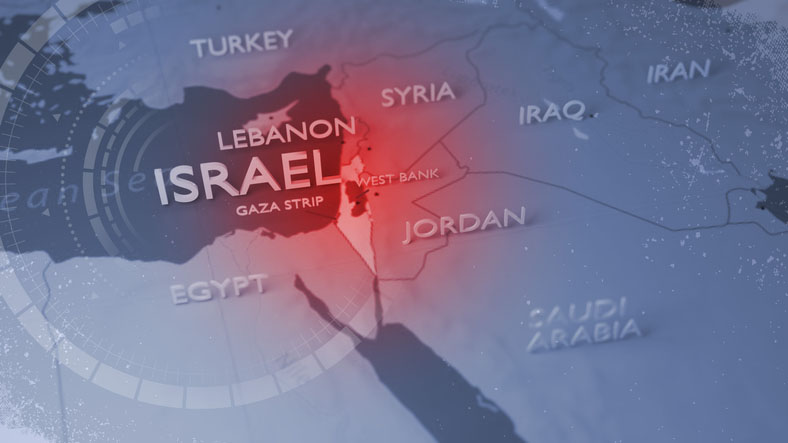
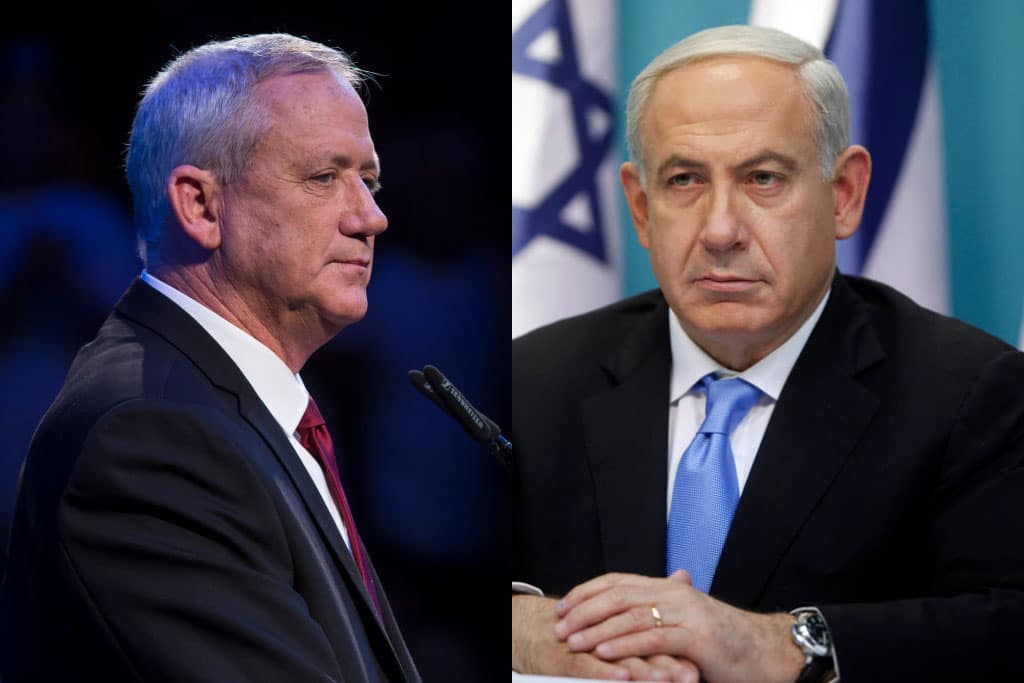

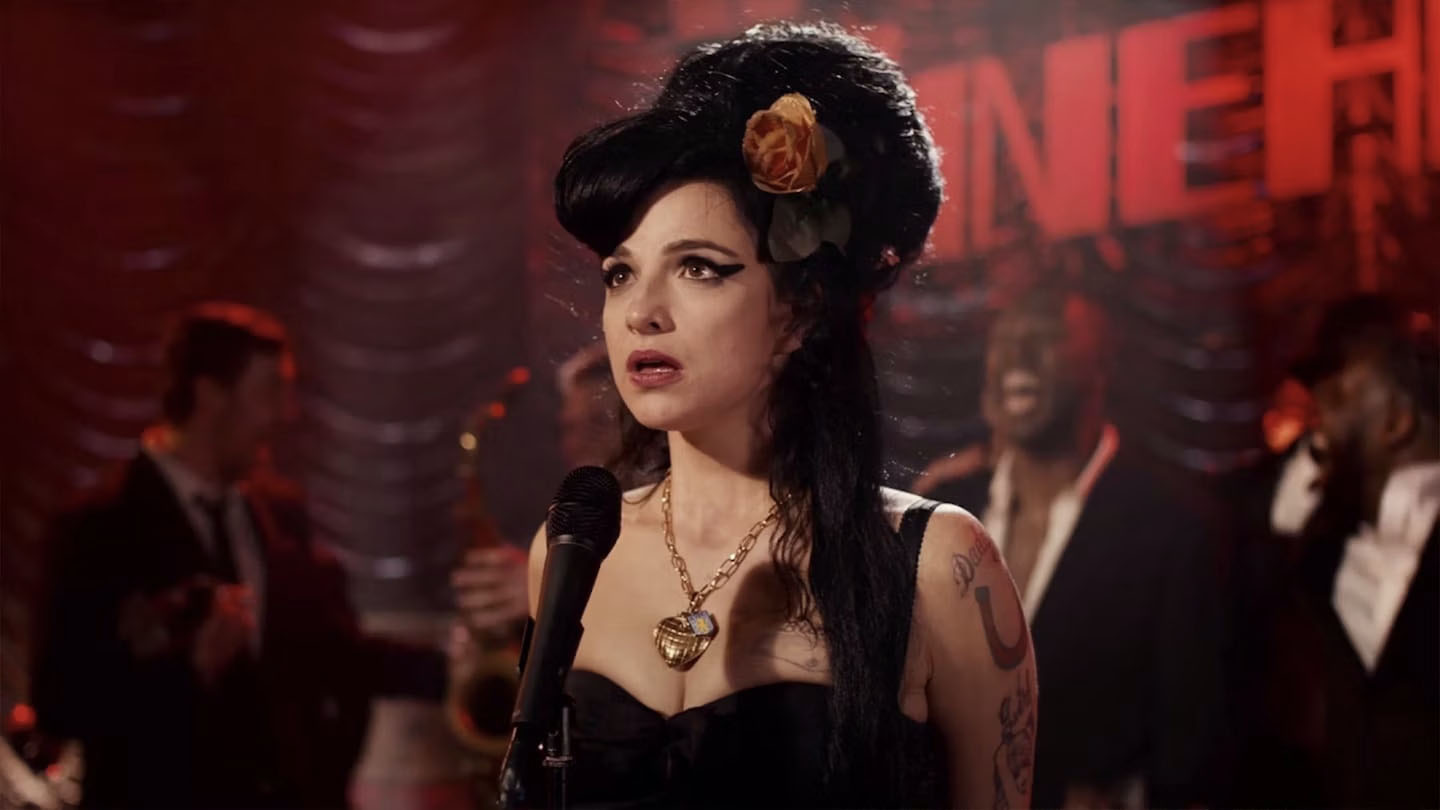
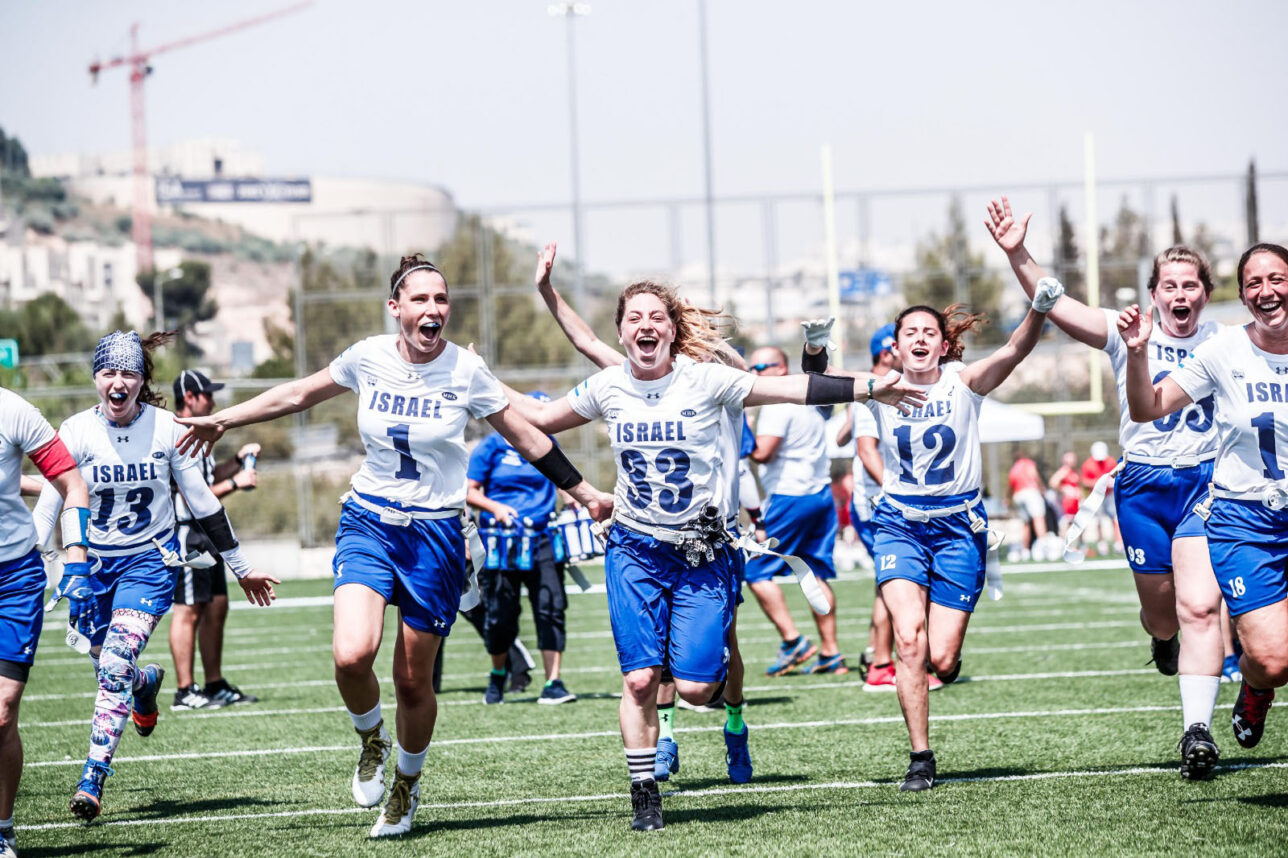
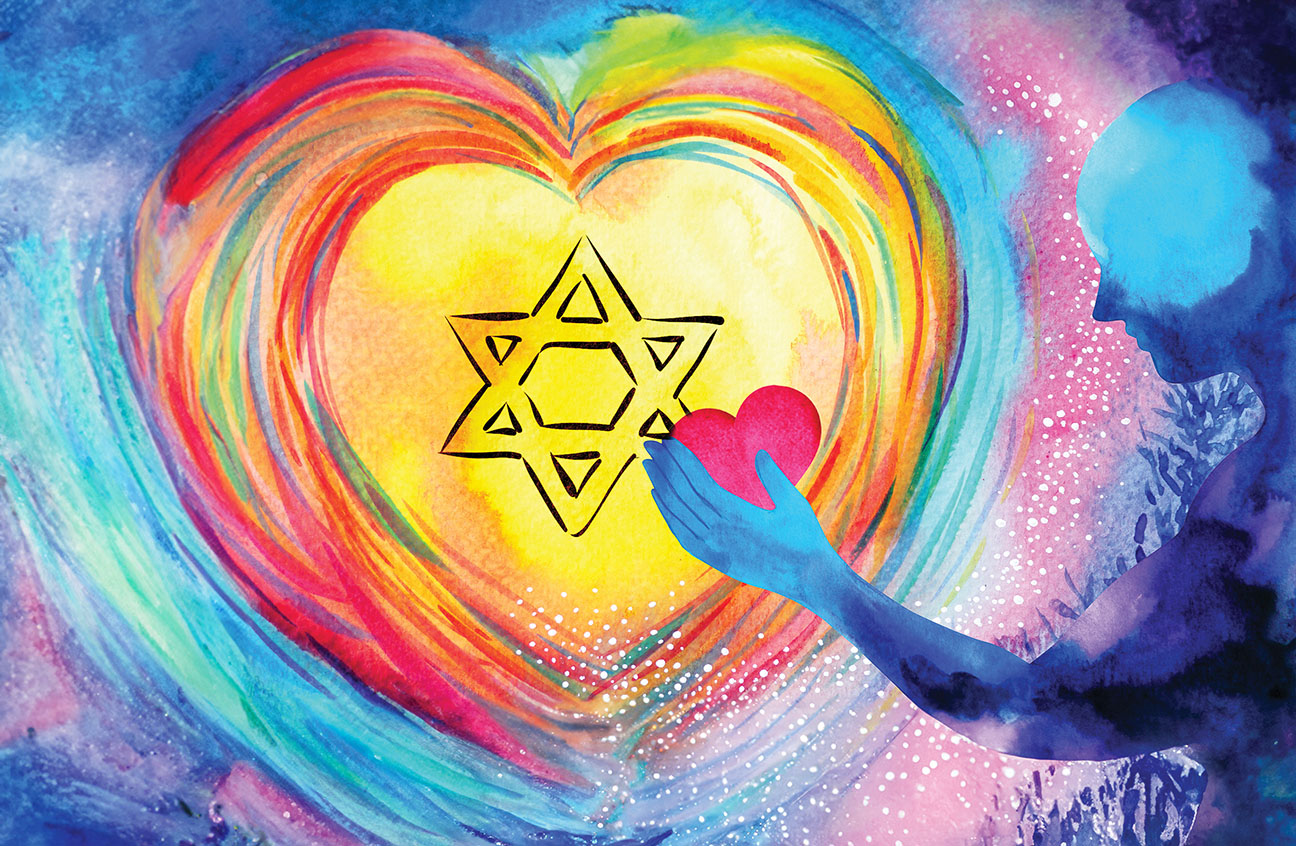
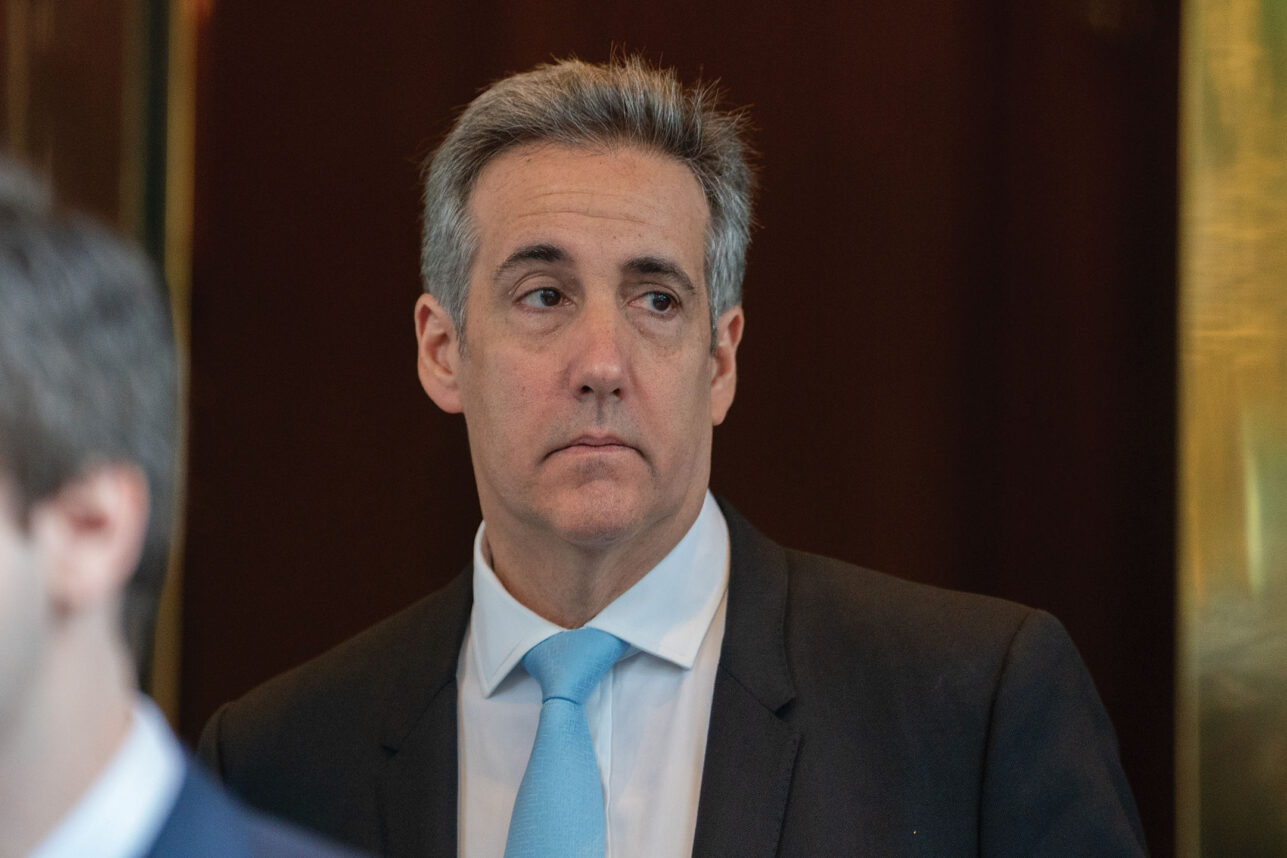









 More news and opinions than at a Shabbat dinner, right in your inbox.
More news and opinions than at a Shabbat dinner, right in your inbox.